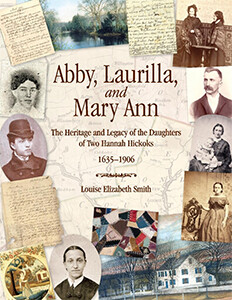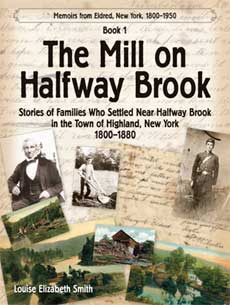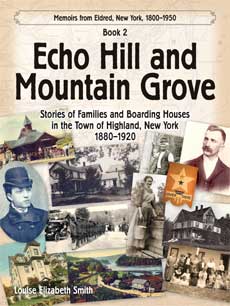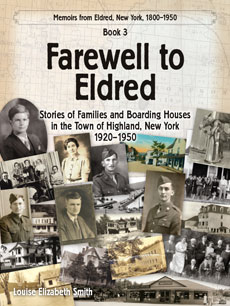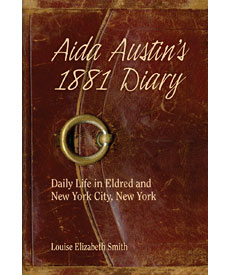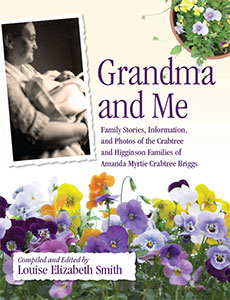“A freshet is a sudden rise in the level of a stream, or a flood, caused by heavy rains or the rapid melting of snow and ice.” I dutifully copied the dictionary definition well over a year ago, when first starting the narrative of this book.
The resources I had been reading talked about both the necessity of “freshets”—a term I had never heard—to float the rafts of lumber to market, and the devastation a freshet could cause.
…in the days of plentiful lumber, the surface of the Delaware was literally covered at the time of raging freshets and the consequent catastrophes to the rafts and lumber piles.
—Johnston, Reminiscences, p. 253
So wasn’t I excited when my mother sent me a third box of “treasures” that included an 1845 letter to my great Grandmother Mary Ann Eldred (before she married Henry Austin), from her half sister Phoebe Maria Eldred Austin, which talked about the freshet in Halfway Brook.
Here is an excerpt from that letter:
Lumberland, July 13, 1845
To: Mifs Mary A. Eldred, Middletown
Dear Sister,
I have delayed writing longer than I intended, but these lines will inform that we are well at present and I hope they will find you the same.
There’s been a freshet in the Halfway Brook. It has done much damage. There is not a bridge or dam left between here and Barryville. It has damaged us more than fifty dollars.
The Mongaup was very high. There was a young man drowned in that stream. It was James White and old Mrs. Skinner was buried last Thursday. Mifs Margette West has been married…
The children are all sleepy and make such a noise, I must say good night. From your affectionate sister, P. M. Austin


